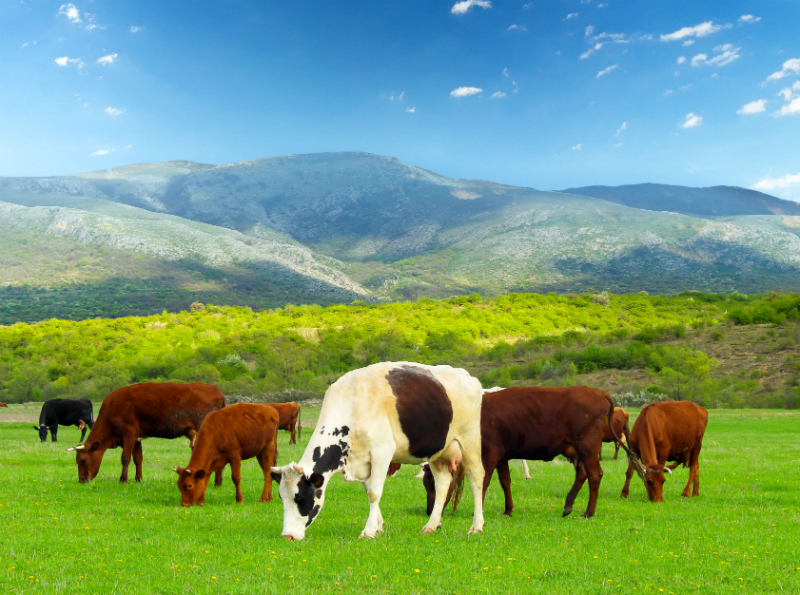In the fight against climate change, carbon sequestration has emerged as one of the most promising ways to lower atmospheric carbon dioxide levels. This process involves trapping and storing carbon in natural systems like soil, forests, and oceans. Carbon sequestration not only solves environmental concerns but also helps the agricultural industry improve soil quality and crop production.
What is Carbon Sequestration?
Carbon sequestration is the long-term storage of carbon with the goal of reducing or deferring global warming and climate change. Plants naturally take carbon dioxide (CO2) from the environment through photosynthesis and store it in their biomass, roots, and surrounding soil. By preserving and improving this mechanism, we can considerably lower CO2 levels in the atmosphere, decreasing the rate of climate change.
Agriculture’s Vital Function in Carbon Storage
Agriculture is an important part of the carbon cycle. When correctly managed, cropland can act as a carbon sink, absorbing more CO2 than it emits. Agroforestry, crop rotation, and the application of microbial inoculants can all help improve soil health and carbon sequestration potential. The incorporation of sustainable techniques into agriculture not only promotes carbon sequestration, but also gives farmers economic benefits. Healthier soils increase crop output and minimize reliance on chemical fertilizers, resulting in a more sustainable agricultural strategy. Implementing these techniques in agriculture may help to solve global climate issues while also boosting food security.
Supporting Carbon Sequestration with Natural Solutions
One of the most efficient strategies to increase carbon sequestration in agriculture is to use natural soil additives. Organic compounds such as biochar, compost, and microbial inoculants can enhance the soil’s capacity to store carbon. These additions also improve soil structure, water retention, and nutrient availability, which increases total soil fertility.
Beyond the Seeds: Groundwork BioAg’s Commitment to Revolutionizing Agricultural Practices
Groundwork BioAg is committed to enhancing sustainable farming practices by providing new solutions for carbon sequestration and soil health. Their microbial inoculants improve soil fertility and crop yields, all while promoting long-term carbon storage. They help farmers create more resilient and productive agricultural systems by enhancing natural soil processes. Incorporating their microbial inoculants into farming operations boosts production while also contributing to global efforts to reduce carbon emissions. Learn more about how they promotes sustainable agriculture using natural methods.
